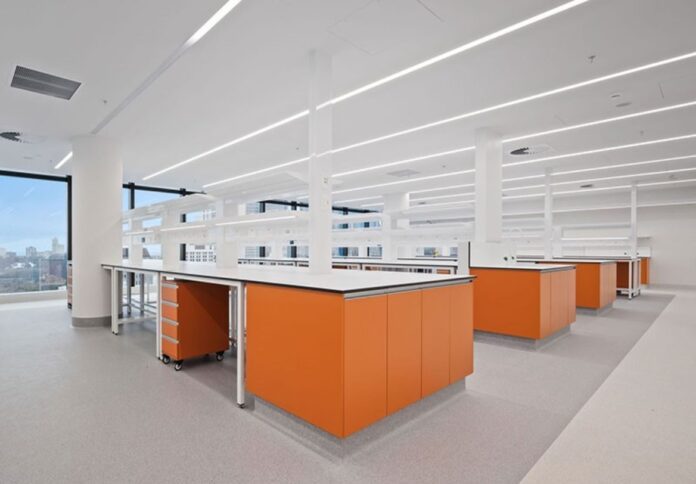
Westlab, an Australian manufacturer of laboratory and industrial workspace solutions, has advanced its sustainability commitment by transitioning to Capral’s LocAl lower-carbon aluminium.
The company, known for its modular and scalable systems, sources locally extruded aluminium for its products, aligning with a broader industry shift towards responsible material sourcing and carbon reduction.
A LinkedIn post stated that the company’s partnership with Capral, Australia’s aluminium extruder and distributor, has played a key role in its product innovation.
Capral reportedly produces custom aluminium profiles for Westlab, helping the manufacturer refine its systems to meet stringent industry standards.
Westlab’s Director, Russell Grace, highlighted the role of innovation in the company’s approach.
“We’re always looking to improve and standardise our systems globally,” Grace said. “With our Modulab Connect System, we have customised all the profiles to facilitate adaptability, ensuring high performance and compliance with rigorous industry standards, including PC2 and PC3 certification for biocontainment laboratories.”
As architects and specifiers increasingly prioritise sustainable building materials, Westlab’s adoption of Capral’s LocAl lower-carbon aluminium addresses market demands for lower-emission solutions.
The LocAl range includes aluminium extruded with a reduced carbon footprint, offering LocAl Green (8kg CO2e/kg Al) and LocAl Super Green (4kg CO2e/kg Al) options.
“A lot of our products are aluminium-based, and historically, aluminium production has been energy-intensive,” Grace said.
“Architects frequently ask us about our carbon footprint, and now we have a clear answer—our materials are locally sourced and produced using Capral’s LocAl lower-carbon aluminium.”
The move towards sustainable materials has positioned Westlab competitively in sectors such as education, healthcare, and research.
The company has supplied laboratory solutions to institutions including Flinders University, Deakin University, the University of Newcastle, and Royal Melbourne Hospital.
These projects highlight the growing demand for high-performance laboratory designs that integrate sustainability without compromising quality or compliance.
Grace noted that the shift to lower-carbon aluminium aligns with Westlab’s broader sustainability goals.
“The move to LocAl aluminium is another way we’re staying ahead of the curve, offering architects and clients a more responsible choice,” he said.
“When they specify Westlab, they’re choosing a company that prioritises sustainability, Australian manufacturing, and product excellence.”
“We’re committed to ongoing innovation,” Grace said. “By working with Capral and investing in responsible material choices, we’re shaping a future where sustainability and technical excellence go hand in hand.”



















